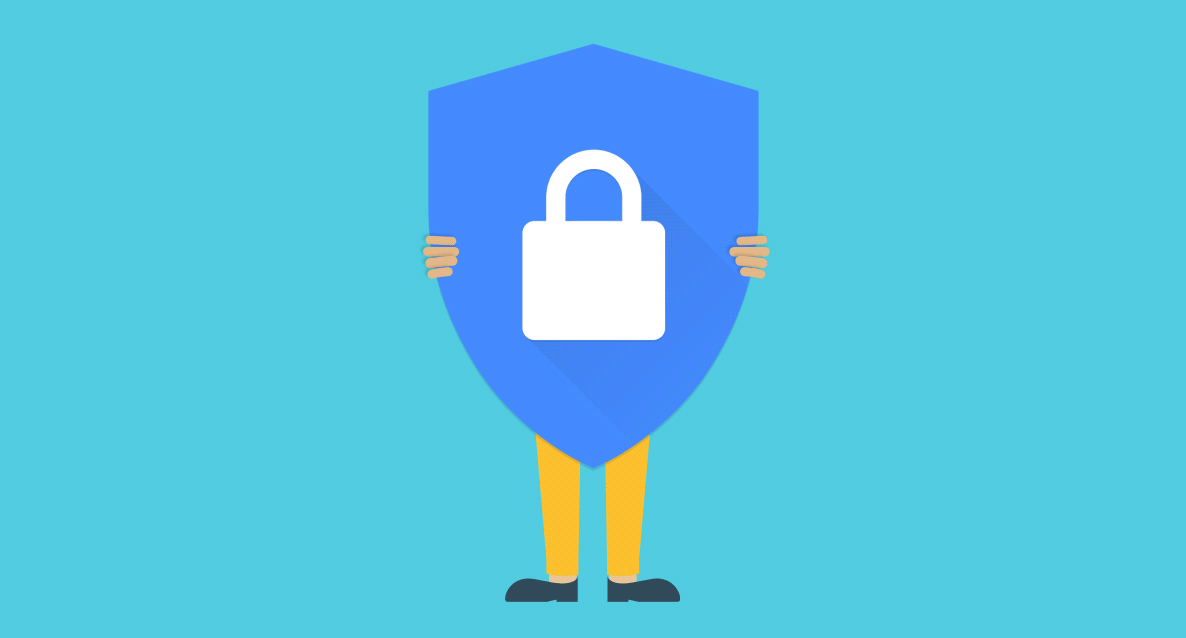
Google recently announced a powerful tool for those whose accounts are simply too important to risk having hacked.
The new Advanced Protection Program sacrifices convenience in the name of security by requiring a physical Security Key in addition to entering your password to access various Google apps and services. Because of this physical requirement, it’s far more secure than digital-only two-factor authentication techniques which can be intercepted.
Note that you’ll need a physical USB key for use with your computer and / or a Bluetooth key for your mobile device. U2F dongles can be had from retailers like Amazon for under $20.

The opt-in security feature also prevents non-Google apps from accessing your various Google accounts. Furthermore, you’ll only be able to use the Chrome browser to access your signed-in services. This means, for example, that you won’t be able to use Apple’s own Mail, Contacts and Calendar apps in iOS (instead, you’ll need the official Gmail, Inbox and Google calendar apps).
In the event you somehow get locked out of your account while using Advanced Protection (say you lose your dongle), regaining access is going to be a hassle. Google notes that it’ll “take a few days” to restore access to an account.
Finding that perfect balance of convenience and security is an everyday struggle. This level of security certainly isn’t for everyone (it’s a lot of extra work) but if you’re a celebrity, journalist, politician or government official, fortifying access to various accounts is paramount.
Details on how to enable Advanced Protection can be found on Google's landing page.
https://www.techspot.com/news/71451-lock-down-accounts-google-new-advanced-protection-feature.html